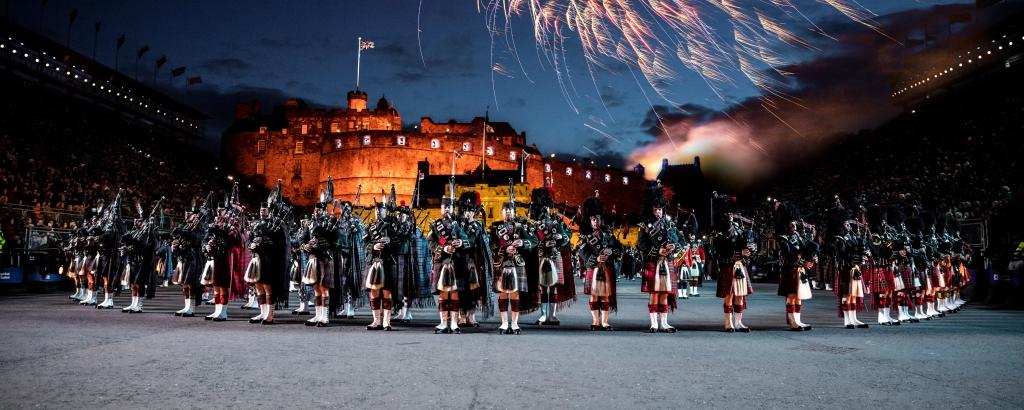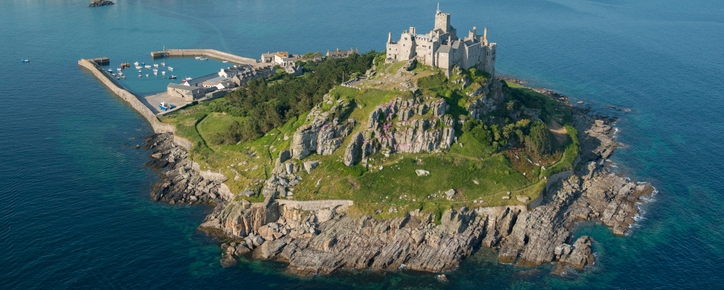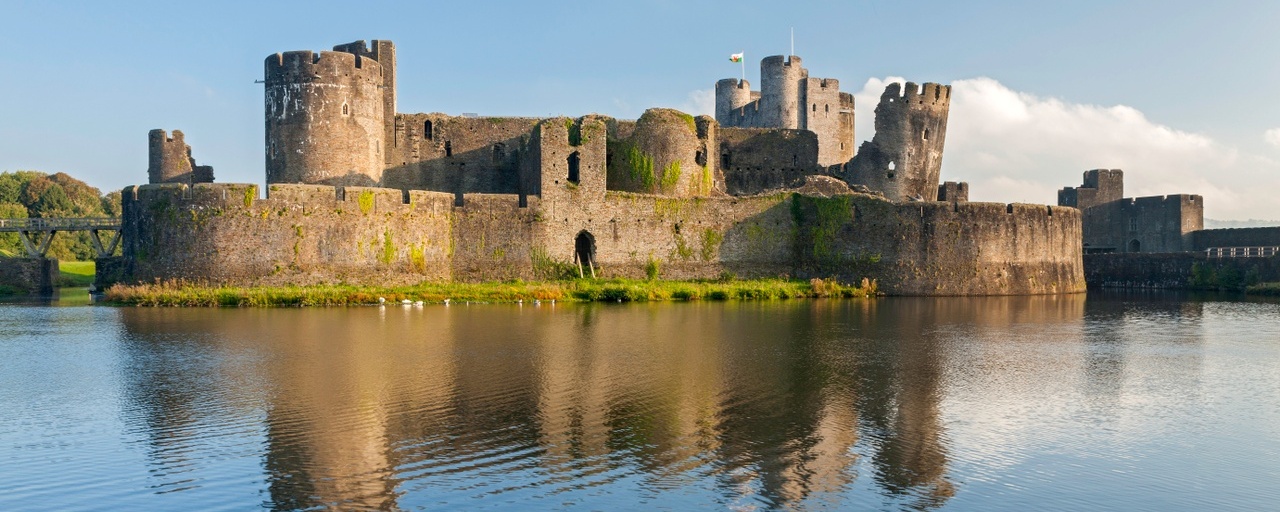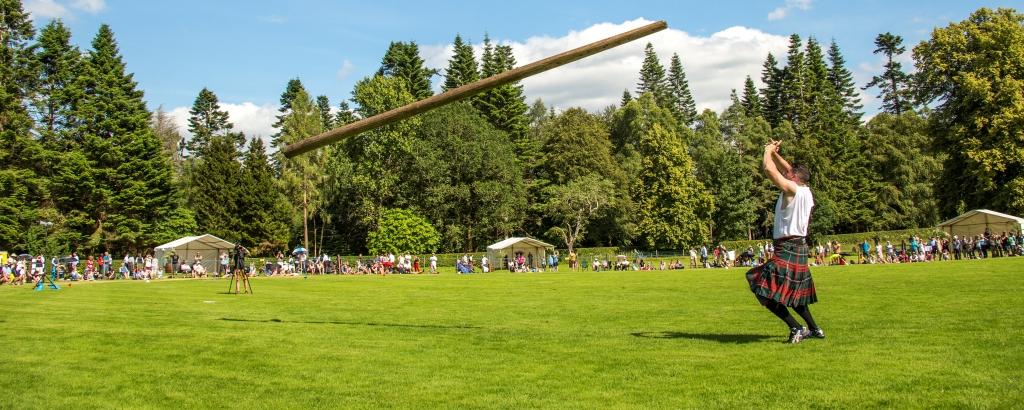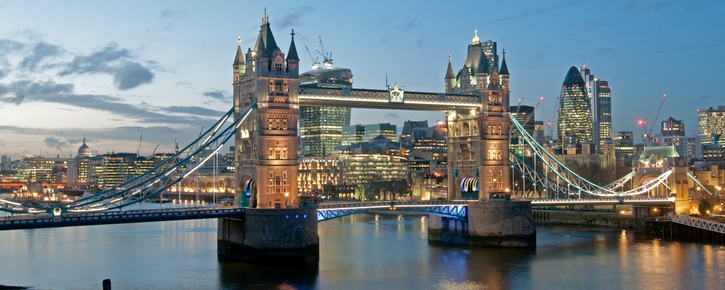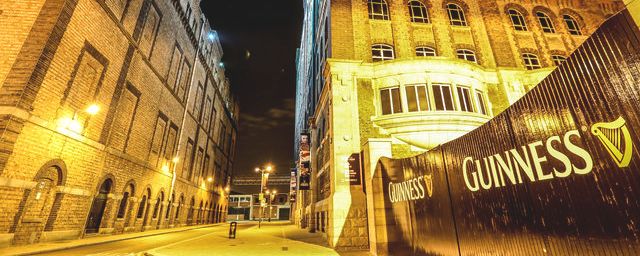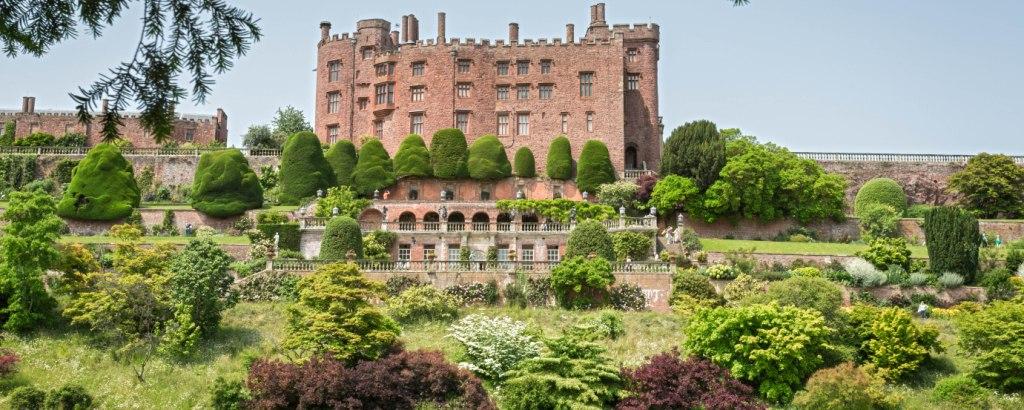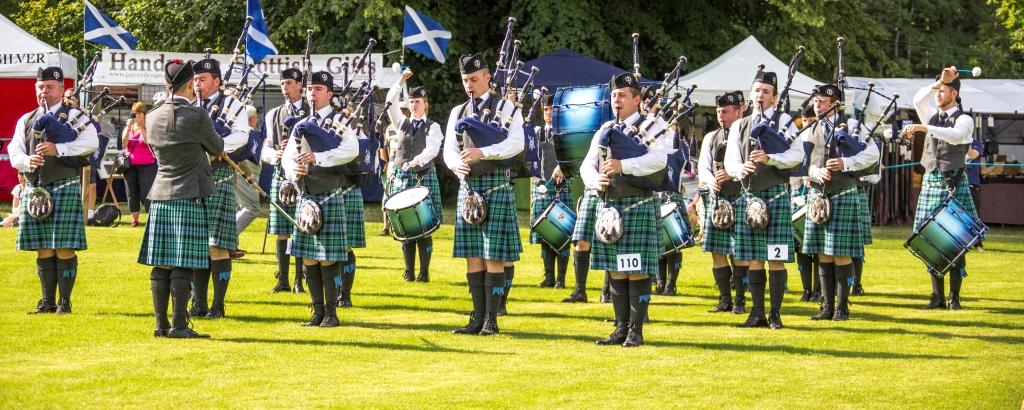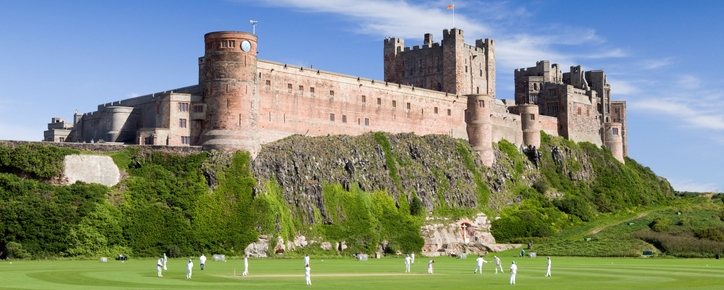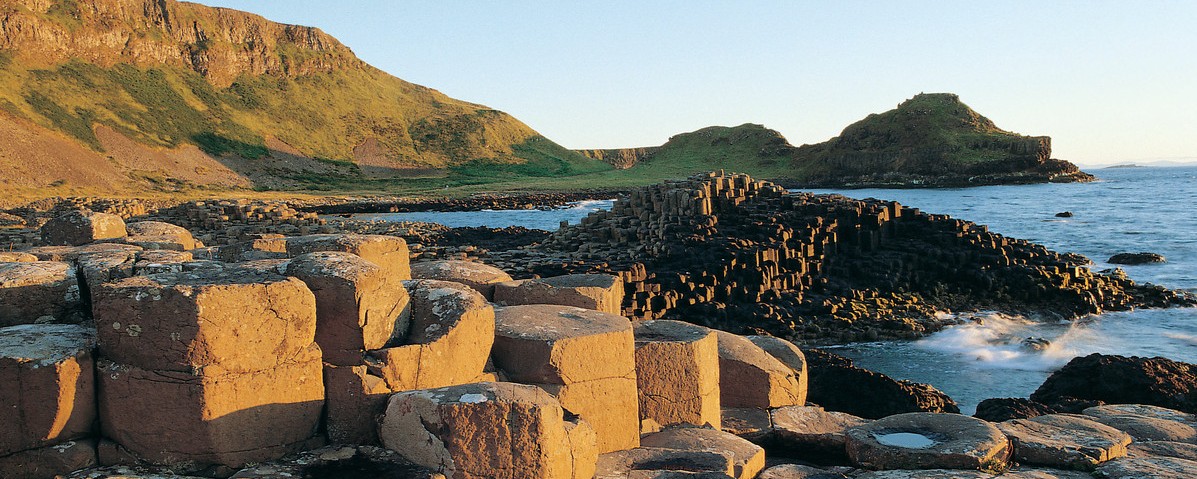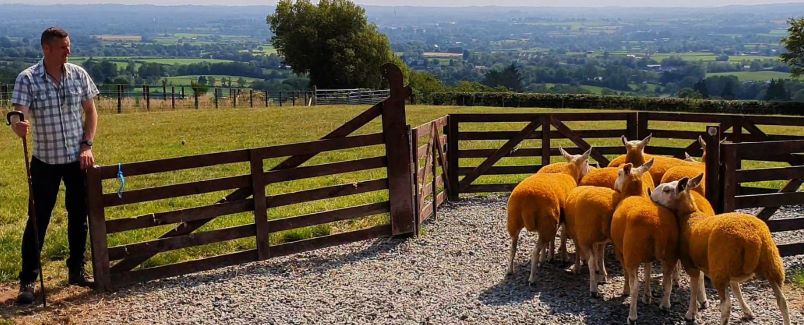The London Nobody Knows
In a guest blog for Janet Redler Travel, Mr Londoner explores five of the capital’s lesser-known but nevertheless intriguing attractions.
 The Phoenix Garden in Seven Dials, featuring the works of street artist Stik @meetmrlondoner
The Phoenix Garden in Seven Dials, featuring the works of street artist Stik @meetmrlondoner
Phoenix-like from the ashes
London’s most surprising green space, the Phoenix Garden, provides an oasis of calm in the bohemian Seven Dials neighbourhood. This charity-run community space was opened in 1984 on a rubble-strewn 1940s bomb site. Sandwiched between tall buildings, the garden almost has its own micro-climate, allowing rare species to thrive. At its northern border are impressive works by street artist Stik. The Phoenix Garden is a perfect place to enjoy a moment of reflection before heading back into the frenetic activity of the cosmopolitan locale just beyond its green borders.
From pastry chef to revolutionary leader
 London's fashionable Carlton Hotel, which was destroyed in the Blitz in 1940
London's fashionable Carlton Hotel, which was destroyed in the Blitz in 1940
In the 1920s, Nguyễn Sinh Cung, the son of a Confucian scholar, left his native Vietnam to see the world. He worked in France, America and England. In 1913, he landed a job at the fashionable Carlton Hotel, on Haymarket. Some say he washed dishes. Others claim he was a promising pastry chef. During trips to Paris his determination grew to free his country from imperialism. Nguyễn Sinh Cung became revolutionary leader Ho-Chi Minh. And the rest, as they say, is history. The Carlton Hotel was destroyed in the Blitz in 1940 but a modest plaque dedicated to the man known in Vietnam as Bác Hồ (Uncle Ho) now adorns the building that replaced it - the New Zealand Embassy.
 A most unlikely hotel worker - plaque to Ho-Chi Minh, New Zealand House @meetmrlondoner
A most unlikely hotel worker - plaque to Ho-Chi Minh, New Zealand House @meetmrlondoner
A Nazi plot?
Leopold von Hoesch was elegantly-dressed, impeccably-mannered, and threw fabulous parties at 9 Carlton House Terrace. The well-regarded career diplomat was German ambassador between 1926 until his untimely death ten years later. Carlton House Terrace was at that time the home of the German embassy and von Hoesch was celebrated as an effective champion of Anglo-German relations. The genial ambassador was also fond of canines. He was devastated when Giro, his beloved terrier, was electrocuted by a cable in the embassy garden. Giro’s grave can still be seen with its moving inscription, Ein Treuer Begleiter - One True Friend. To this day, taxi drivers love showing people the memorial to the unfortunate Giro - forever, but most-unfairly, remembered as ‘the Nazi dog’.
 The grave of Giro, 'a true friend' @meetmrlondoner
The grave of Giro, 'a true friend' @meetmrlondoner
The popular ambassador was truly no Nazi but, in 1933, found himself representing Adolf Hitler’s newly-elected government. Perhaps the shock killed him: von Hoesch died of a heart attack in 1936. There is an extraordinary photograph of the ambassador’s swastika-draped coffin being borne from the embassy to The Mall by British guardsmen accompanied by jack-booted Nazi storm troopers.
Cross bones
Bankside, over the river from the City of London, was where people came to let off steam. Famous for its theatres, taverns, brothels and bear-baiting, this chaotic neighbourhood, dubbed the ‘Tijuana of medieval London’, is steeped in a dark and ribald history. The Bishops of Winchester ruled the roost from the late 1060s, from their well-appointed riverside palace. ‘Stews’ (giant fishponds) dominated the neighbourhood. They were the haunt of local prostitutes, known as ‘the Winchester geese’ - so-called because of the noises and gestures they employed to attract trade.
To be bitten by a goose meant contracting a sexually-transmitted infection. It’s where our somewhat different expression ‘getting goosebumps’ has its early origins. The bishops both slept with the geese and taxed their earnings. Life here was nasty, brutish and short - and when these poor women succumbed to poverty and disease, the corrupt churchmen refused them a Christian burial. They were interred instead in unconsecrated grounds in the Cross Bones Graveyard. In the 1990s, excavations revealed hundreds of skeletons. Today, Cross Bones is a peaceful garden and a shrine dedicated to ‘the outcast dead’. A candlelit vigil is held here on the 23rd of each month to remember the geese and other outsiders.
Plaque marking the Cross Bones Graveyard (photo attribution: ProfDEH, CC BY-SA 4.0, via Wikimedia Commons)
Hang it all
In the heart of Covent Garden, on the tiled wall of 4 Newport Street, is a wonderful piece of architectural ironmongery. It’s a workmanlike yet elegant iron coat hook inscribed ‘Metropolitan Police’. Legend has it that the ironwork was erected in the 1920s on a brand-new building. It replaced the nail that once adorned the wall of the previous edifice and was used by local cops to hang their overcoats while directing traffic. At least that’s the story. Mystery surrounds the somewhat wonky mounting of the hook, the timing of its arrival and the decidedly non-standard Met Police font. And a mystery it’s likely to remain. Fitting then that it’s right opposite the memorial to none other than crime-writing super-sleuth, Agatha Christie.
 The mysterious Metropolitan Police hook in Covent Garden @meetmrlondoner
The mysterious Metropolitan Police hook in Covent Garden @meetmrlondoner

